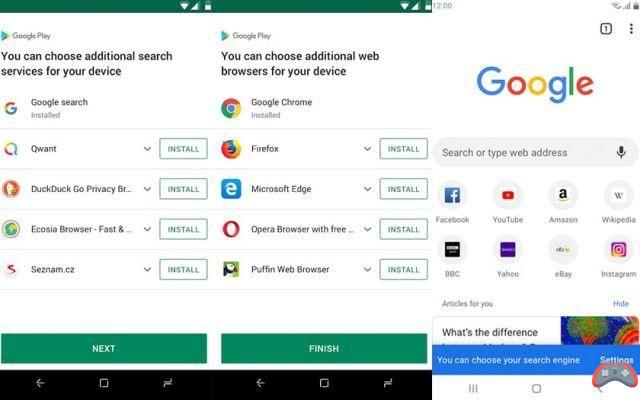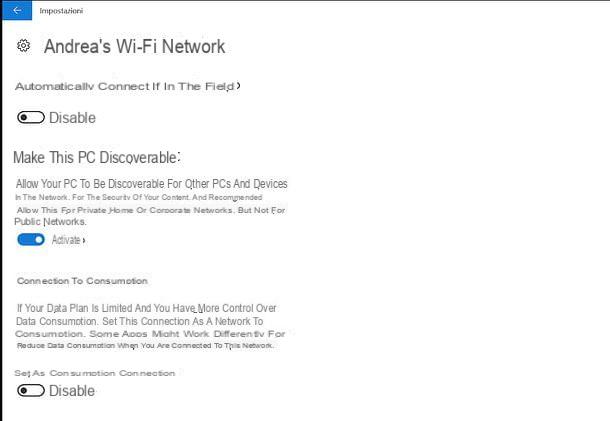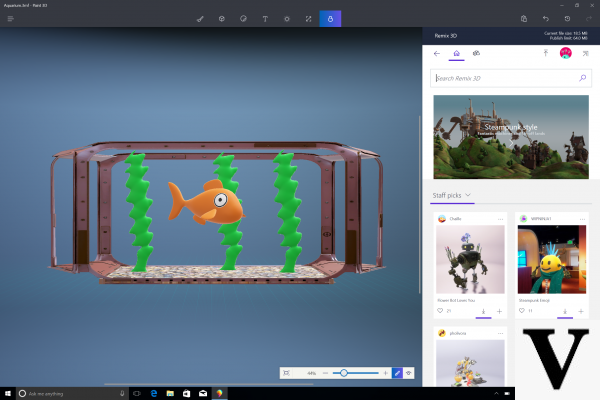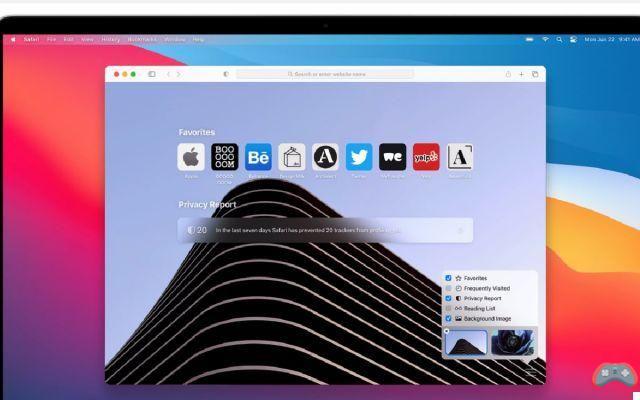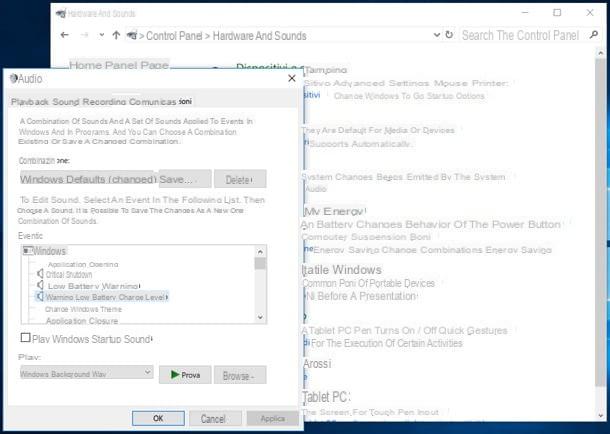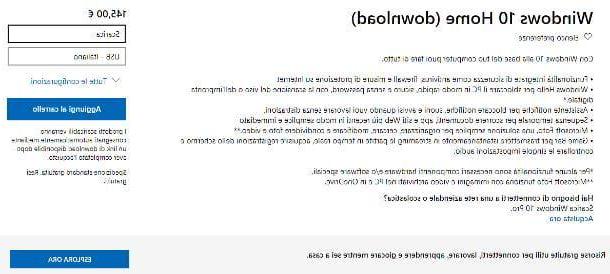 Like Firefox, Google Chrome is also a browser based on an open source code that, in theory, anyone can take to create a new browser. That code is part of a project call Chromium the basis not only of Chrome, but also of other alternative web browsers that have nothing to do with Google. Anyone who likes to use Chrome, but is annoyed by the fact that Google, even if not in an overt or specific way, can monitor and influence internet browsing, may prefer the greater privacy and security of these browsers. Chrome alternatives, independent of Google and based on Chromium.
Like Firefox, Google Chrome is also a browser based on an open source code that, in theory, anyone can take to create a new browser. That code is part of a project call Chromium the basis not only of Chrome, but also of other alternative web browsers that have nothing to do with Google. Anyone who likes to use Chrome, but is annoyed by the fact that Google, even if not in an overt or specific way, can monitor and influence internet browsing, may prefer the greater privacy and security of these browsers. Chrome alternatives, independent of Google and based on Chromium.In several cases these browsers are compatible with the original Google Chrome extensions and are built with controls and functions that make them suitable, for example, to use Facebook, to have greater security, to have a portable browser or for greater speed and lightness.
1) Chromium it is the opensource heart of Google Chrome, an identical browser that lacks all the features added by Google in its browser.
Therefore missing: the sending of navigation statistics to Google, the reporting of crashes, the Flash Player and the built-in PDF viewer, multimedia codecs (MP3, AAC) and automatic updating. If the lack of the Flash Player inside is not a problem since the Flash program is installed on all Windows computers, the only negative thing is the lack of auto-update that forces users to manually download the new versions when available. On the official website there are no download links for the stable version of Chromium which can be downloaded from a dedicated web page.
Alternatively. you can download X-Chromium, la portable version without installation to keep on USB stick.
2) Vivaldi is a Chromium-based 2022 browser that takes the best of Chrome and Opera. It adds several built-in functions such as mouse gestures and thumbnail home tab. There is also a function to block intrusive advertisements and a completely new section in the options to configure the behavior of the tabs.
3) Microsoft Edge based on Chromium in its new version for Windows.
3) SRWare Iron is a popular Chrome alternative that removes any Google presence from the browser. The recording of what you write in the address bar is, for example, completely disabled. Iron Browser therefore focuses on privacy and allows you to take advantage of the speed of Chrome without binding to Google. SRWare Iron, again for privacy reasons, does not update automatically and you have to download the new versions from the official website.
Instead, you can log in with an account to synchronize your bookmarks, passwords and preferences. By default, when you search for new extensions, you are directed to another site other than the Chrome Web Store whose applications are still compatible with SRWare Iron. Also for this alternative to Chrome there is a portable version that does not require installation, which can be downloaded from the PortableApps.com website
While it is a great alternative, I must point out that it is possible to emulate Iron's settings by disabling any Google presence from its browser via the Chrome privacy and security options.
4) Comodo Dragon and the most interesting Chrome variant of this list because it is functionally identical to Chrome, but has a slightly different interface, with some internal security changes. For example, when browsing with Comodo Dragon secure DNS is set which prevents access to dangerous websites. You can also choose to use Dragon in a "portable" version, with the program and options saved in a single folder that can be moved or copied to a USB stick. Instead of the wrench menu there is a quick link to the Site Inspector service that checks the security of each web page. Between this button and the Omnibox there is a button to quickly share the page displayed on Facebook, Twitter and LinkedIN. Here too, as in Iron Browser, all the settings that connect Chrome to Google are removed, such as sending errors or monitoring navigation. Another great feature is the ability to avoid tracking clicks by website tracking systems. Dragon also uses its own auto-update channel, not tied to Google.
5) Brave is another open-source web browser created by the co-founders of the Mozilla project, based on Chrome. This browser blocks advertising and trackers that invade privacy, but the best function is the one that allows you to reward the most regularly visited sites and be able to donate a fee to them. Other features include tab previews for a quick glance at what you're looking at and Tab Pages to decide how many tabs per page to display. For managing multiple social accounts, you can use the Session tabs. The only downside to Brave is the lack of extensions.
5) orbitum is a browser based on Chromium identical to Google Chrome except for the fact that it integrates on the sidebar the chat which can be that of Facebook.
6) Opera it is based on WebKit and is very similar to Chrome (discussed in another article).
7) Blisk is the browser for developers, which integrates code analysis tools with which web pages are programmed, to make tests and visualization tests.
8) Torch Web Browser, same as Chrome, optimized for downloading Torrents
9) Yandex Browser is based on Chromium and has several new options. Yandex is the most used search engine in Russia and its browser is particular because it also integrates the Opera Turbo function to speed up the loading of websites. It also includes DNS protection, to avoid hacking techniques based on DNS Spoofing (i.e. browsing to sites other than those requested).
Finally, even if they are not based on Chromium, it is worth mentioning other browsers that use the WebKit rendering engine (the same as Chrome and Safari) such as Maxthon and Lunascape, excellent and fast.





